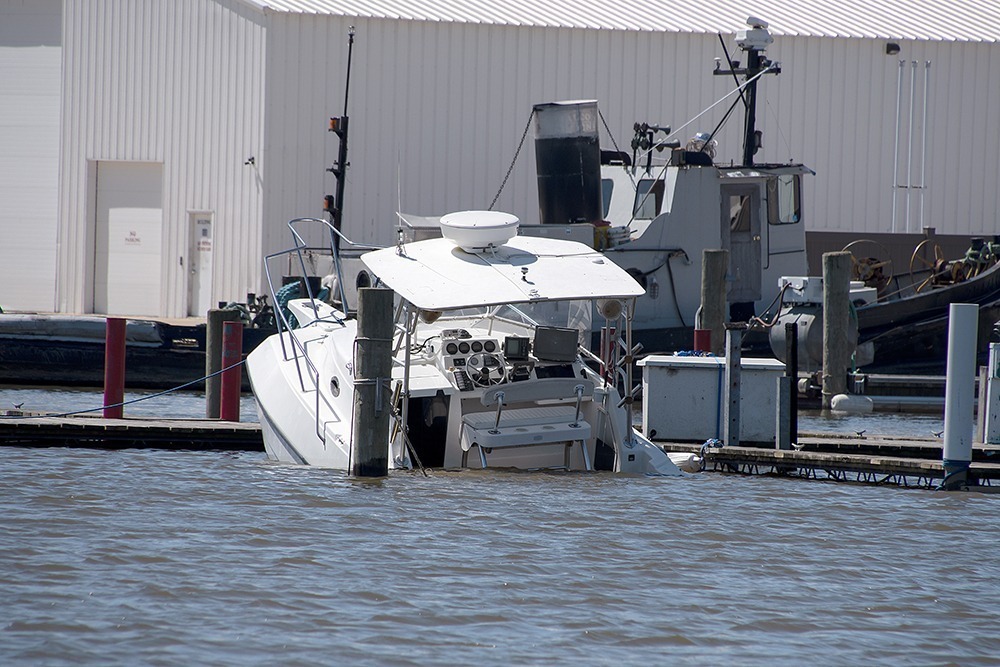Don’t Miss These Crucial Steps After a Boating Accident Injury—Your Legal Rights Explained
Share:
Boating accidents can happen in the blink of an eye—and when they do, the consequences can be serious. Whether you were driving the boat or just a passenger enjoying the ride, injuries from a boating accident can turn your life upside down. Medical bills, lost wages, pain, and uncertainty about what to do next can feel overwhelming.
If you’re wondering how to file a boating accident injury lawsuit and what the process looks like, this guide is for you. We’ll walk you through the essential steps to protect your rights and pursue the compensation you deserve after a boating accident, whether you were operating the boat or simply a passenger hurt through no fault of your own.
Why Filing a Boating Accident Lawsuit Matters for Passengers and Operators
According to the U.S. Coast Guard’s most recent reports, boating accidents result in thousands of injuries every year. Many of these injuries happen because of someone else’s negligence—whether that’s reckless driving, boating under the influence, ignoring safety rules, or defective boat equipment.
If you were injured as a passenger on a boat due to someone else’s careless actions, you have the legal right to file a personal injury lawsuit to seek compensation for:
- Medical expenses
- Lost wages from missed work
- Pain and suffering
- Long-term care or rehabilitation needs
- Property damage, like damaged personal belongings
Boat operators also have the right to seek compensation if another party caused or contributed to the accident.
Step 1: Take Care of Yourself and Get Medical Help
No matter your role—driver or passenger—your health is the top priority. Some injuries aren’t immediately obvious, such as concussions or internal injuries, so see a doctor right away even if you feel “fine.”
Make sure to keep all your medical records, doctor’s notes, and bills. These documents will be essential to prove how the accident affected your life.
Step 2: Report the Accident to Authorities and Your Insurance Company
Boating accidents involving injury or significant property damage must be reported to the Coast Guard or local marine patrol. Filing an official report creates an important record that can support your claim later on.
If you were a passenger, you should also notify your own insurance company, or the boat owner’s insurer, about the accident. Boat operators must inform their insurance providers as well.
Important: Whether you’re the operator or a passenger, do not admit fault or agree to any insurance settlement offers without speaking to an experienced attorney first. Insurance companies often rush to settle for less than what you deserve.
Step 3: Talk to a Skilled Boating Accident Lawyer
Boating accident laws can be complex, especially when passengers are involved. Multiple parties could be responsible—the boat operator, the boat manufacturer, another boater, or even a marina. An experienced attorney can help identify who is liable, gather evidence, and guide you through filing a personal injury lawsuit.
DuFault Law has extensive experience representing injured boating accident victims throughout Florida and Georgia, ensuring passengers and operators get the support and compensation they need.
Step 4: Filing Your Boating Accident Injury Lawsuit
Your attorney will file a formal complaint in the appropriate court within your state’s statute of limitations—typically 2 to 4 years. During the discovery phase, both sides exchange evidence, which may include:
- Medical records and bills
- Witness statements
- Accident scene photos or video
- Expert testimony on boat safety and negligence
Step 5: Challenges You Might Face in a Boating Accident Case
Boating injury lawsuits can be challenging due to:
Shared Fault: If you were partly responsible (like not wearing a life jacket), your compensation might be reduced.
Multiple Liable Parties: Sometimes more than one person or company shares responsibility, which can complicate claims but may increase recovery.
Maritime Law Complexities: Federal maritime laws might apply, adding layers to your case that an attorney must navigate.
Insurance Company Tactics: Insurers may deny or delay claims, especially if you’re a passenger who wasn’t operating the boat.
What Compensation Can You Expect?
Successful boating accident lawsuits can cover:
- Current and future medical expenses
- Lost wages and diminished earning capacity
- Pain, suffering, and emotional distress
- Costs to replace damaged personal property
- Punitive damages if the responsible party acted recklessly
Final Tips for Boating Accident Victims — Passengers and Operators Alike
- Seek medical care immediately even if injuries seem minor.
- Report the accident promptly to authorities and insurance providers.
- Document everything: Take photos, collect witness contact info, save medical and repair bills.
- Don’t settle without legal advice—insurance companies often push for quick, low payouts.
- Consult a boating accident lawyer early to protect your rights and build a strong case.
Don’t Let a Boating Accident Ruin Your Life — Get the Legal Help You Deserve Today!
If you or a loved one has been injured in a boating accident—whether you were a passenger or the boat operator—don’t face the aftermath alone. The legal process can be complex, but you don’t have to navigate it by yourself. Call DuFault Law today for a free, no-obligation consultation. Let our experienced team fight to protect your rights and help you get the compensation you deserve. Your recovery starts with the right legal support—reach out now!
- Call us at (239) 422-6400
- Email us at contact@dufaultlaw.com
- Or Visit our Contact Page to schedule a consultation



Comments are closed